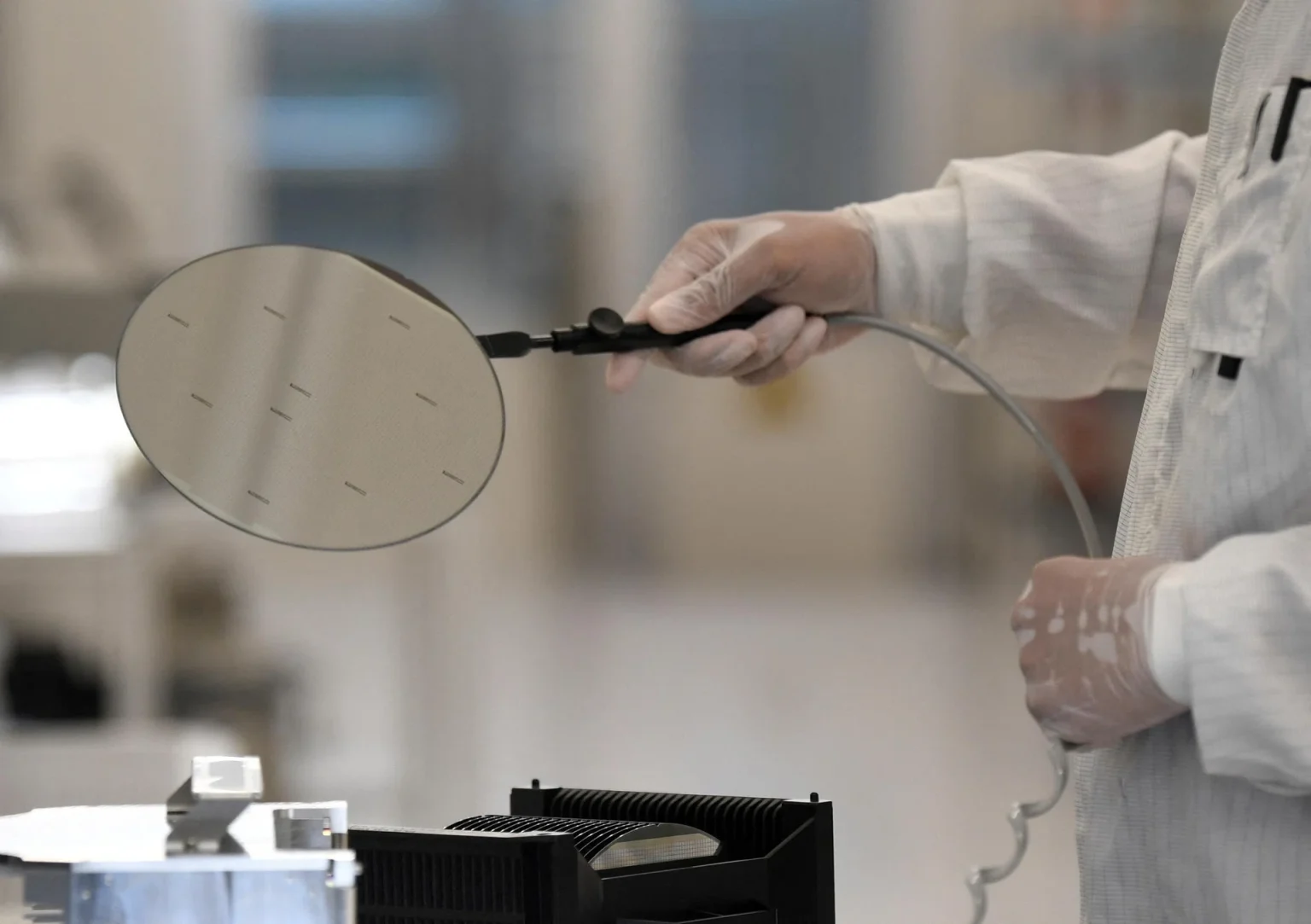Nexperia’s seizure by the Dutch government reflects the growing importance of economic security as the chip war continues
THE Dutch government’s seizure of chipmaker Nexperia on Oct 12 has focused international attention on the global chip war. However, it is only the latest salvo in a widening conflict for one of the world’s most strategically important tech assets.
At the heart of this 21st-century conflict is geopolitics. As documented by top thinkers including Tufts University Professor Chris Miller, a battle is underway to prevent powers, such as China, from securing semiconductor superiority. The West’s technological edge in this area is perceived to be slipping, raising economic and security stakes.
The broader context for this battle royale is the growing tension between China, Russia and the West. Recently, this saw Washington expanding sanctions on Chinese companies, with Beijing responding by tightening export controls on rare earth materials.
Dutch decision on Nexperia
The Nexperia case moves the technology battlefield to Europe, a third-placed power in chip manufacturing behind the US and China.
Nexperia, once part of leading electronics group Philips, is headquartered in Nijmegen and owned by Wingtech Technology. Its chips are widely used, including in the automotive supply chain. Nexperia was effectively taken over by the Dutch government, which characterised the action as “highly exceptional”, prompted by alleged “serious governance shortcomings”.
In the first half of 2025, Nexperia’s revenue was around US$1.1 billion, with about 80 per cent of the firm’s products dispatched to China for packaging and testing before delivery to customers.
BT in your inbox
Start and end each day with the latest news stories and analyses delivered straight to your inbox.
The Dutch authorities assert that these governance problems represent a challenge to “crucial technological knowledge” and that “the loss of these capabilities could pose a risk to Dutch and European economic security”.
Specifically, Nexperia’s CEO and Wingtech’s founder, Zhang Xuezheng – who, alongside family members, controls over 15.4 per cent of Wingtech – was suspended from office. He was replaced by his European chief financial officer.
Wingtech, which acquired Nexperia for US$3.63 billion in 2018, has slammed the intervention as “excessive interference driven by geopolitical bias”. It alleges that non-Chinese Nexperia executives attempted to change the firm’s equity structure in a “cloaked power grab”.
Beijing has also responded by placing export controls on Nexperia. Lin Jian, a spokesperson for the Chinese Ministry of Foreign Affairs, said: “China always opposes overstretching the concept of national security and discriminatory moves that target companies from certain countries… (and) is firmly resolved to defend its own legitimate and lawful rights and interests”.
Earlier in 2024, the US government placed Wingtech on its “entity list” due to national security concerns. This designation prevents US firms from exporting US-manufactured goods to Wingtech-affiliated businesses without special approval.
Europe’s growing economic security clampdown
This high-profile episode in the Netherlands illustrates a much broader issue: how much the issue of chips, and economic security more generally, have grown in importance across the West.
Some critics argue that Europe lacks a clear, coherent, comprehensive policy for the chip sector. However, in recent years, policymakers have redrawn their investment and wider economic regimes to address new national security issues. A key policy challenge is how best to balance open investment with appropriate safeguards.
The West’s economic security regime is being bolstered at both the national and supranational levels. In the UK, for instance, the National Security and Investment Act was updated in 2025 to give the government greater power to scrutinise and intervene in acquisitions across the economy, with a focus on 17 sensitive sectors, including key technologies.
At the supranational EU level, the European Commission has proposed multiple ways to strengthen economic security. These include enhancing the screening of foreign investments into the 27-member bloc for risks to EU security, adopting more harmonised national rules, and widening the scope of investments vetted.
Yet, to a large degree, Europe is still playing catch-up with Washington, a pioneer on this agenda through the Committee on Foreign Investment in the US (CFIUS).
First established in the 1970s, CFIUS is an inter-agency committee, whose power has grown over time.
In the 1980s, for instance, fear of growing investment into the US from the Asia-Pacific, especially Japan, prompted the US Congress to give CFIUS the power to reject commercial deals. More recently, in 2018, US President Donald Trump blocked Singapore-based Broadcom’s proposed takeover of Qualcomm on national security grounds.
Chaired by the US secretary of the treasury, the committee’s primary concern is preventing the transfer of technology or funds to a sanctioned country following an acquisition by a company headquartered overseas.
Fast-forward to 2025, and such powers are increasingly commonplace across the West. In 2022, UK ministers blocked the proposed sale of Newport Wafer Fab – then the UK’s biggest semiconductor firm – to Nexperia on national security grounds, given risks of technology transfer to China. The firm was eventually approved for sale last year to the US-based electronics company Vishay.
Taken together, the Dutch decision shows how Europe is fast becoming a key geography in the wider chip conflict. While the US and China are the primary parties, the battleground is global, reflecting the sector’s deeply integrated international supply chains.
The writer is an associate at LSE Ideas at the London School of Economics


